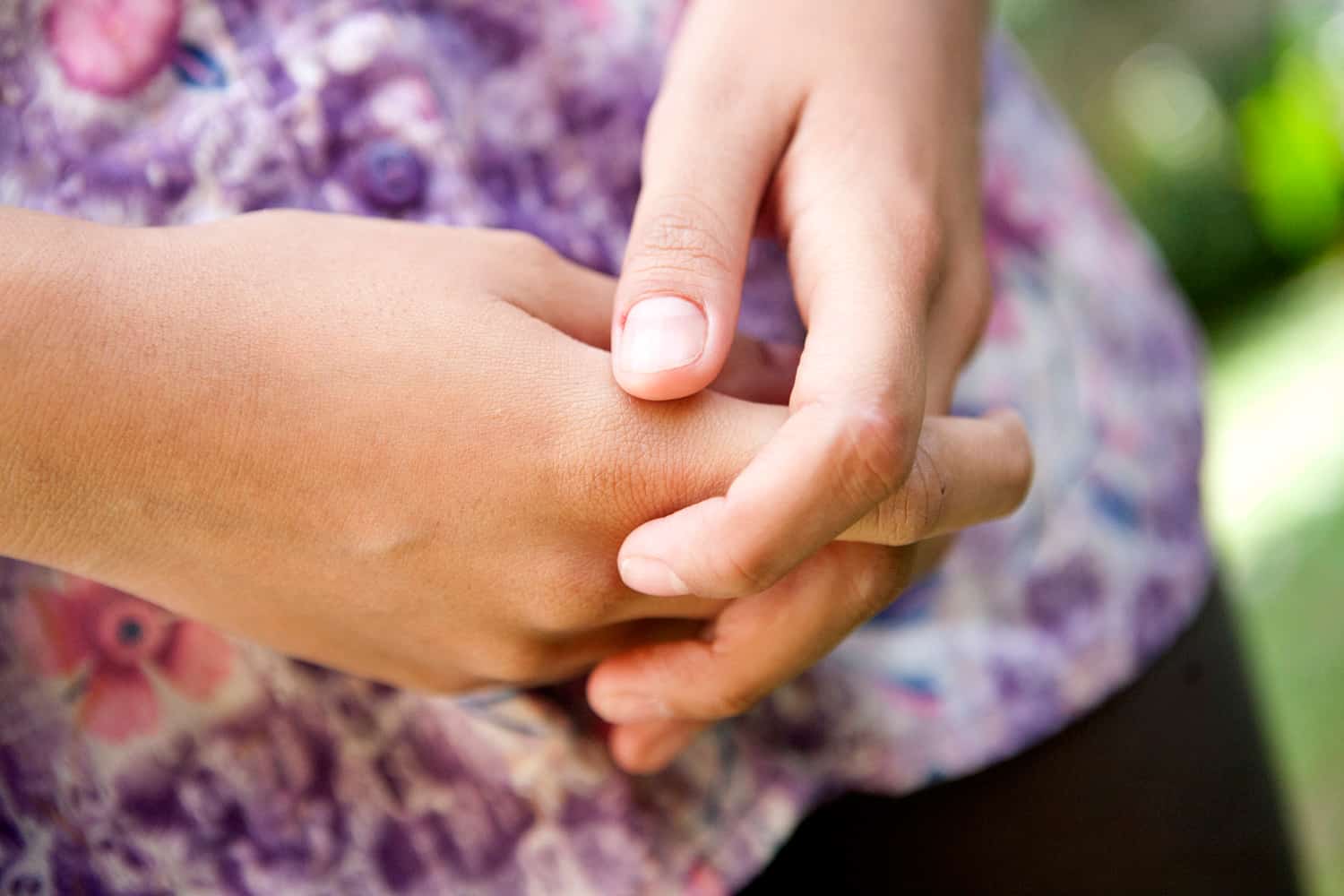Judicial authorities have warned that human trafficking victims in Costa Rica suffer not only from exploitation but also from additional offenses like sexual abuse and slavery.
According to Eugenia Salazar, the Public Ministry’s Prosecutor for Trafficking, promises of economic gains and employment remain primary lures used by traffickers, though victims’ trust also plays a major role in falling into these traps. Salazar added that cases related to sexual exploitation form the majority of complaints received.
Exploitation occurs when one person benefits at the expense of another, said Salazar. Apart from sexual cases, other forms include servitude, slavery, and forced begging. There are also instances of arranged marriages and organ trafficking that authorities have uncovered. Victims in sexual trafficking cases face further humiliation and violation of dignity, like being forced to pay for the place where they are exploited.
Salazar presented cases where victims were forced to livestream sexual acts daily and had explicit images continually disseminated – examples of how technology has added new dimensions to trafficking operations.
Beyond being trafficked itself, victims become susceptible to other crimes like sexual abuse, harassment, unlawful confinement, and various assaults once ensnared. They might also face labor exploitation and be stripped of basic rights. Another dreadful scenario is the psychological torment where victims are threatened and made to believe they have no other income sources.
Authorities continue stressing the importance of skepticism as a critical defense against falling into trafficking schemes, especially regarding online job offers and earnings promises. There is growing concern about people’s trust in social media sources.
According to Salazar, there is no specific profile for potential victims, but there is often a link between victims’ needs and what traffickers offer them. Regarding minors, their naivety can lead them to entertain suspicious offers, while changes in economic patterns may raise suspicions of potential exploitation.
Costa Rica has strengthened its legal framework to combat human trafficking and help victims, including ratifying the Palermo Protocol in 2003. However, challenges remain in identifying victims, and traffickers frequently operate with impunity. Many victims do not report due to fear, lack of trust in authorities, or not self-identifying as trafficking victims.
Greater awareness in society is needed to identify signs of trafficking and assist victims. The Public Ministry urges anyone suspecting a trafficking situation to contact authorities immediately and confidentially.
Victim protection and ending impunity must be top priorities. Costa Rica must continue improving coordination between institutions and dedicating resources to combat these trafficking networks exploiting the vulnerable.






